Marine Ecosystem Environmental Change Ecosystems Barange Manuel Edited
The marine ecosystem is a vast and diverse collection of plants, animals, and microorganisms that exist in the world's oceans and seas. It is a complex and interconnected system that provides numerous benefits to both marine life and humans. In this article, we will explore the fascinating world of marine ecosystems and delve into the importance of preserving and protecting them.
Marine Ecosystems
Marine ecosystems are found in oceans, seas, and other saltwater environments. They cover approximately 71% of the Earth's surface and are home to a staggering variety of organisms. These ecosystems can be categorized into several distinct zones, each with its unique characteristics and inhabitants.

The coastal zone is the area where the ocean meets the land. It is the most biologically diverse region of marine ecosystems as it contains a wide range of habitats such as estuaries, coral reefs, and mangrove forests. These habitats support a rich array of plant and animal life, including numerous species of fish, crustaceans, and marine mammals.
Moving further from the coast, we enter the open ocean zone. This vast expanse of water is home to pelagic species, which inhabit the midwater and surface layers. These species include various types of fish, sharks, turtles, and marine birds. The open ocean is also home to important marine organisms such as phytoplankton and zooplankton. These tiny organisms form the base of the marine food chain and are essential for supporting higher-level predators.
Deeper still, we find the abyssal zone. This zone is characterized by extreme pressures, cold temperatures, and total darkness. Despite these harsh conditions, a surprising number of organisms have adapted to thrive in this environment. Deep-sea creatures like anglerfish, giant squid, and tube worms are just a few examples of the incredible life forms that inhabit the abyssal zone.
A Sneak Peek into the Destruction of Marine Ecosystem
Unfortunately, marine ecosystems are under threat from various sources, including human activities and natural phenomena. One of the major challenges facing marine ecosystems today is pollution. The dumping of waste, including plastics and chemicals, into the ocean has detrimental effects on marine life. Sea turtles, dolphins, and other marine animals often mistake plastic debris for food, leading to injury or death.
Overfishing is another significant issue affecting marine ecosystems. The indiscriminate and unsustainable harvesting of fish has led to the depletion of several fish stocks worldwide. This not only disrupts the natural balance of marine ecosystems but also affects the livelihoods of communities that depend on fishing for their sustenance.
Climate change poses yet another threat to marine ecosystems. Rising sea temperatures, ocean acidification, and increased storm intensity can have drastic effects on coral reefs, which are among the most diverse and productive marine habitats. Coral bleaching, a process in which corals expel the colorful algae that live within their tissues, is a direct result of warmer water temperatures and can lead to the death of entire reef systems.

Efforts are being made to restore and protect marine ecosystems. Marine ecosystem restoration involves various strategies aimed at rehabilitating degraded habitats and improving their biodiversity and ecological functioning. These strategies can include activities such as habitat creation, reforestation of mangroves, and the establishment of marine protected areas. By implementing these measures, we can help revive and safeguard the health of marine ecosystems for future generations.
It is important to understand that marine ecosystems are not just sources of beauty and wonder but also play a crucial role in maintaining the health and balance of our planet. They act as carbon sinks, absorbing and storing large amounts of carbon dioxide, a greenhouse gas responsible for climate change. Additionally, marine ecosystems provide essential ecosystem services such as water filtration, nutrient cycling, and climate regulation.
Top 5 Marine Ecosystem Facts
1. Marine Biodiversity: Marine ecosystems support a greater variety of life forms compared to terrestrial ecosystems. They are home to an estimated 230,000 known marine species, with countless others yet to be discovered. From microscopic plankton to the magnificent blue whale, marine life exhibits an astonishing range of adaptations and behaviors.
2. Oxygen Production: Marine ecosystems are a significant source of the oxygen we breathe. Photosynthetic organisms like phytoplankton generate approximately 50-85% of the Earth's oxygen. These microscopic plants harness the energy from sunlight to convert carbon dioxide and water into oxygen through the process of photosynthesis.
3. Food Security: Healthy marine ecosystems play a crucial role in ensuring global food security. Fish and other seafood from the oceans serve as a vital protein source for millions of people worldwide. Additionally, aquaculture, or fish farming, relies on the health of marine ecosystems to maintain sustainable fish populations.
4. Economic Importance: Marine ecosystems contribute significantly to the global economy. Industries such as fishing, tourism, and offshore oil and gas extraction rely on the resources and services provided by the oceans. According to the World Wildlife Fund, the global ocean economy is valued at around $24 trillion.
5. Climate Regulation: Marine ecosystems play a critical role in regulating the Earth's climate. The oceans act as a vast heat sink, absorbing and storing large amounts of heat from the atmosphere. This helps to stabilize temperature variations on Earth and mitigate the impacts of global warming.

Marine ecosystems, like any other ecosystem, are delicate and vulnerable to external pressures. It is essential that we take immediate action to protect and conserve these valuable habitats. By reducing our carbon footprint, promoting sustainable fishing practices, and advocating for the establishment of marine protected areas, we can make a positive impact on the health of marine ecosystems.
Marine Ecosystem Restoration
Efforts to restore marine ecosystems are gaining momentum worldwide. The restoration of degraded marine habitats is essential for promoting the recovery of species, improving water quality, and enhancing the resilience of marine ecosystems to future challenges.
One of the key focuses of marine ecosystem restoration is the protection and restoration of coral reefs. Coral reefs are often referred to as the "rainforests of the sea" due to their incredible biodiversity. They support a vast array of marine species and provide numerous ecosystem services, including shoreline protection and tourism revenue.
Restoration initiatives for coral reefs involve several techniques, such as coral gardening, artificial reef structures, and genetic enhancement. Coral gardening involves growing coral fragments in nurseries and then transplanting them onto damaged reefs. Artificial reef structures, made from materials like concrete and steel, provide a substrate for coral attachment and growth. Genetic enhancement techniques aim to develop coral strains that are more resilient to environmental stressors like increased sea temperatures.
Another critical aspect of marine ecosystem restoration is the rehabilitation of mangrove forests. Mangroves are unique tree species that grow in coastal areas and brackish water. They act as a buffer zone, protecting coastal communities from storm surges and erosion. Mangroves also serve as important nurseries for fish and other marine species, providing shelter and food sources for young organisms.

Efforts to restore mangrove forests involve reforestation initiatives and the implementation of sustainable management practices. Reforestation involves planting native mangrove species in areas where they have been depleted or destroyed. This helps to stabilize coastal areas, enhance the biodiversity of marine habitats, and create new opportunities for sustainable livelihoods.
Marine ecosystem restoration also includes the establishment of marine protected areas (MPAs). MPAs are designated areas of the ocean where human activities are restricted to protect critical habitats and species. These protected areas help to conserve marine biodiversity, rebuild fish stocks, and promote sustainable tourism. As of 2021, approximately 7.66% of the world's oceans are classified as MPAs, but continued efforts are needed to expand this network and ensure effective management.
Environmental Management of Marine Ecosystems
The environmental management of marine ecosystems is crucial for their long-term sustainability. It involves the implementation of policies, regulations, and conservation practices to minimize the negative impacts of human activities on marine ecosystems.
Key aspects of environmental management include:
1. Marine Spatial Planning: An integrated approach to managing and allocating marine resources and activities. Marine spatial planning aims to balance ecological, economic, and social objectives while minimizing conflicts among various marine uses, such as fishing, shipping, and energy development.
2. Sustainable Fishing Practices: The adoption of sustainable fishing practices is essential for maintaining healthy fish stocks and minimizing the impact on marine ecosystems. These practices can include implementing catch limits, using selective fishing gear, and avoiding destructive fishing methods like bottom trawling.
3. Pollution Control: Preventing and reducing pollution in marine ecosystems is critical for their health and well-being. This involves implementing strict regulations on waste disposal, promoting recycling and waste reduction, and raising awareness about the importance of keeping our oceans clean.
4. Climate Change Mitigation and Adaptation: Addressing the impacts of climate change on marine ecosystems requires both mitigation and adaptation strategies. Mitigation involves reducing greenhouse gas emissions to limit global warming, while adaptation focuses on building resilience and helping marine ecosystems cope with changing conditions.

The field of environmental management of marine ecosystems is continuously evolving, with scientists, policymakers, and conservation organizations working together to develop innovative solutions. The goal is to ensure the sustainable use of marine resources while maintaining the health and integrity of marine ecosystems for future generations.
Marine Ecosystem Changes: Reefs in Danger
Coral reefs are one of the most vulnerable marine ecosystems facing a myriad of threats. These delicate systems are being impacted by climate change, ocean acidification, overfishing, and pollution.
As mentioned earlier, coral bleaching is a significant concern for coral reefs. When corals experience stress from factors like warming water temperatures, they expel the symbiotic algae living within their tissues. This results in the loss of vibrant colors and can ultimately lead to the death of the coral colony.
Overfishing also poses a threat to the health of coral reefs. When key fish species, such as parrotfish and surgeonfish, are overfished, the balance of the reef ecosystem is disrupted. These fish species play a crucial role in controlling the growth of algae, which can outcompete corals for space and resources.
Pollution, particularly from agricultural runoff and coastal development, can also negatively impact coral reefs. Excess nutrients from fertilizers can fuel algal blooms, suffocating corals and preventing them from receiving the sunlight they need to thrive. Sedimentation from construction and land erosion can smother corals, further impeding their growth and survival.

Efforts are underway to address these threats and protect coral reefs. The establishment of marine protected areas and the implementation of sustainable fishing practices can help mitigate some of the pressures facing these fragile ecosystems. Additionally, raising awareness and fostering a sense of stewardship among local communities and tourists is vital for ensuring the long-term survival of coral reefs.
Marine Ecosystem Modelling
Marine ecosystem modelling plays a vital role in understanding and predicting the behavior of marine ecosystems. It involves the use of mathematical and computer models to simulate the interactions between various components of the marine environment.
These models can help scientists and researchers study the impacts of environmental changes, such as nutrient inputs, temperature variations, and fishing pressure, on marine ecosystems. By analyzing the data generated by these models, scientists can gain insights into the potential effects of these changes and develop strategies for effective ecosystem management.
One application of marine ecosystem modelling is the assessment of fish stocks and the development of sustainable fishing strategies. By modeling the population dynamics of fish species, scientists can estimate the maximum sustainable yield and determine fishing quotas that ensure the long-term viability of fish populations.

Marine ecosystem models are also valuable tools for predicting the impacts of human activities on the marine environment. For example, they can be used to assess the potential effects of proposed offshore development projects, such as wind farms or oil rigs, on marine habitats and species.
Furthermore, marine ecosystem models contribute to the understanding of the complex interactions between climate change and marine ecosystems. They help scientists evaluate the susceptibility of different regions to climate-related impacts, such as ocean acidification and sea level rise, and develop adaptation strategies to minimize the negative consequences.
Marine Ecosystem Resilience
Despite the various challenges they face, marine ecosystems have shown remarkable resilience in the face of disturbances. Resilience is the ability of an ecosystem to resist, recover, or adapt to change while maintaining essential functions and processes.
A key factor contributing to the resilience of marine ecosystems is their biodiversity. The high number of species and genetic diversity within marine ecosystems provides a greater chance for adaptation and survival. This diversity enables ecosystems to withstand disturbances and recover more quickly.
Another factor that enhances marine ecosystem resilience is the presence of keystone species. Keystone species play a disproportionately important role in maintaining the structure and function of their ecosystems. For example, sea otters are considered a keystone species in kelp forest ecosystems because their foraging activity controls the populations of sea urchins, which, if left unchecked, can decimate kelp forests.

Efforts to protect and restore marine ecosystems can help increase their resilience to future disturbances. By reducing and managing stressors such as pollution, overfishing, and habitat destruction, we can enhance the ability of marine ecosystems to recover and adapt.
However, it is important to note that there are limits to the resilience of marine ecosystems. Persistent and severe disturbances, such as long-term increases in water temperature due to climate change, can exceed the capacity of ecosystems to recover, leading to irreversible damage and loss of biodiversity.
Marine Ecosystems Show Resilience to Climate Disturbance
Despite the challenges presented by climate change, recent research has shown that marine ecosystems have the potential to recover and adapt to varying environmental conditions.
One study conducted on coral reefs found that some species of corals are better able to withstand increased sea surface temperatures and recover from bleaching events. Corals in certain locations have shown signs of thermal tolerance or acclimatization, suggesting that they may have some capacity to adapt to warming oceans.
Additionally, research on marine phytoplankton, the microscopic plants that form the basis of the marine food chain, has revealed
If you are searching about Marine Ecosystems you've came to the right page. We have 30 Pics about Marine Ecosystems like Marine ecosystem risk in the face of climate change | by Oxford, Marine Ecosystem Restoration | Envint and also Marine sediments and climate change — Science Learning Hub. Read more:
Marine Ecosystems
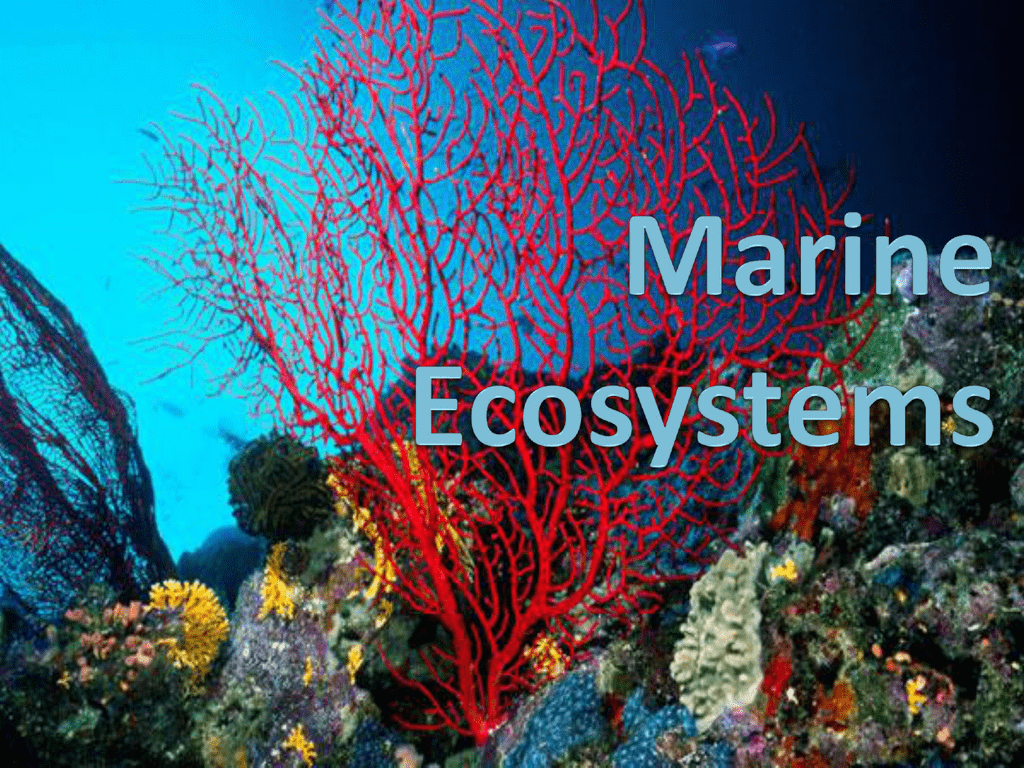 studylib.net
studylib.net marine ecosystems
Marine ecosystem: changing scenario and sustainability (hardcover. Marine ecosystem restoration
Marine Ecosystems Show Resilience To Climate Disturbance | Marine
 www.pinterest.com
www.pinterest.com marine ecosystem climate eurekalert ecosystems
Marine ecosystems and global change. Marine ecosystems
Marine Ecosystem Changes: Reefs In Danger
 www.irishexaminer.com
www.irishexaminer.com In pictures: marine ecosystems at risk from pollution. Identifying factors that increase marine ecosystem resilience to
New Project Links Climate Change, Marine Biodiversity And Ecosystem
pml biodiversity ecosystem
Sudden changes in marine ecosystems should be addressed through multi. Marine ecosystems
Environmental Management Of Marine Ecosystems (eBook Rental) | Marine
 www.pinterest.com
www.pinterest.com ecosystem ecosystems vitalsource
Warming waters caused rapid—and opposite—shifts in connected marine. Marine ecosystems global choose board warming predictions failing changes future some
Marine Ecosystems And Global Change / Edited By Manuel Barange [et
 www.pinterest.com.mx
www.pinterest.com.mx ecosystems barange manuel edited
Sudden changes in marine ecosystems should be addressed through multi. Climate change ecosystems choking marine
Marine Ecosystem Restoration | Envint
 envintglobal.com
envintglobal.com ecosystem
Marine sediments and climate change — science learning hub. Ecosystem change – environmental evidence
PPT - Marine Ecosystems Chapter 7.2 PowerPoint Presentation, Free
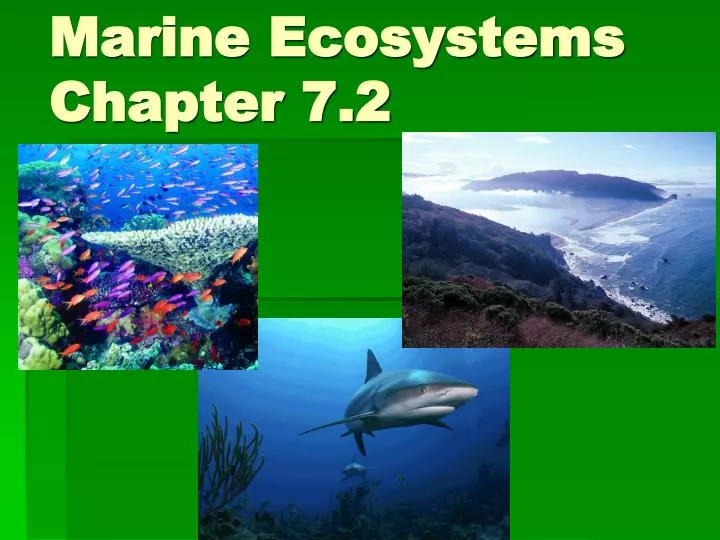 www.slideserve.com
www.slideserve.com marine ecosystems chapter ppt powerpoint
Marine ecosystem climate eurekalert ecosystems. Identifying factors that increase marine ecosystem resilience to
What Is An Ecosystem? + Example
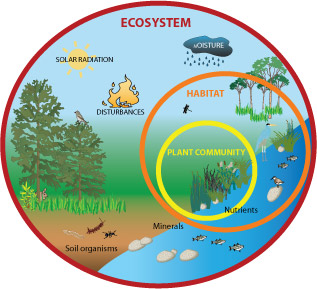 socratic.org
socratic.org ecosystem ecosystems disturbances
Pml biodiversity ecosystem. Marine ecosystem restoration
Marine Ecosystem Risk In The Face Of Climate Change | By Oxford
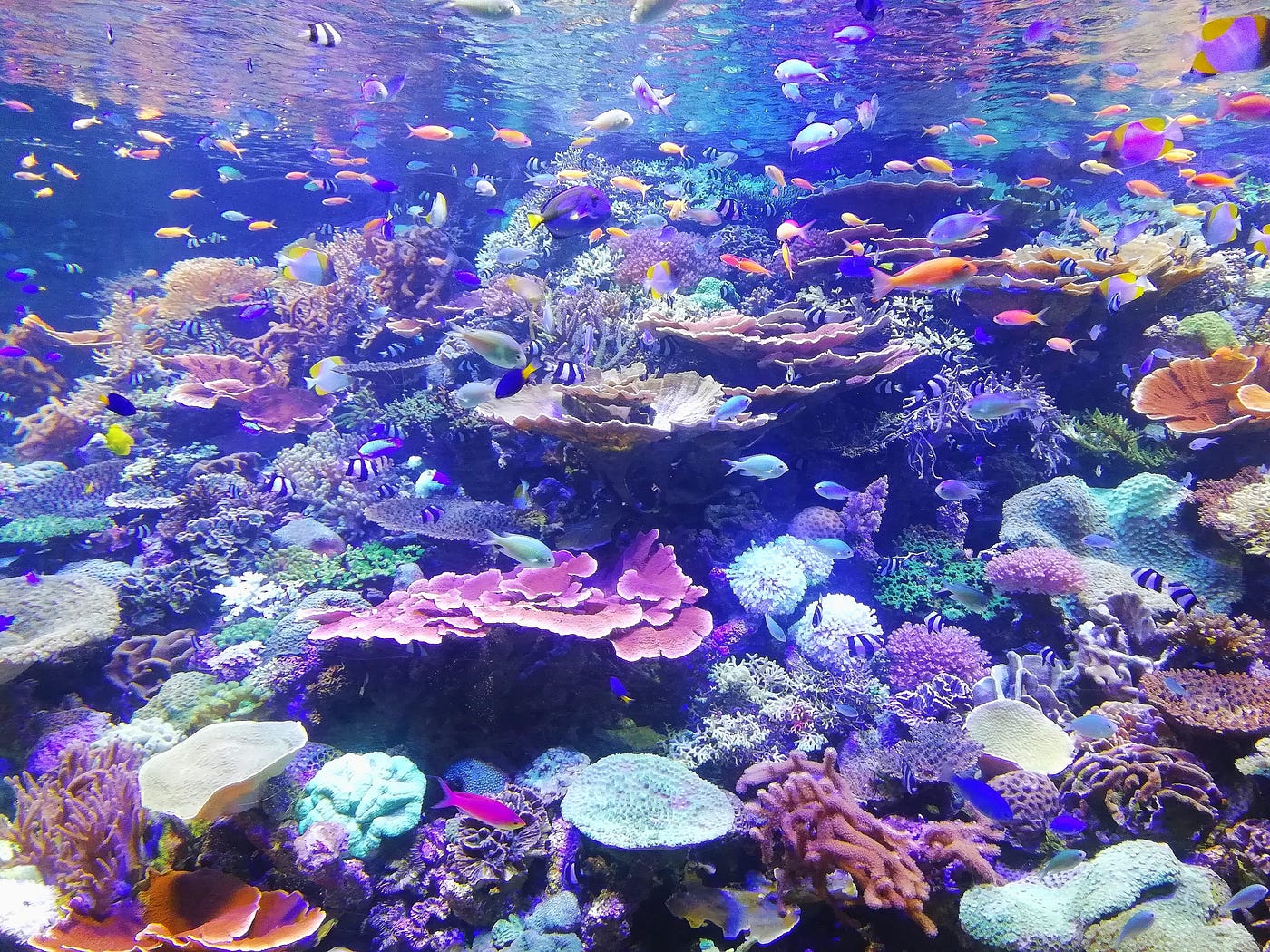 medium.com
medium.com ecosystem climate face cc0 nagoya
Marine ecosystem climate eurekalert ecosystems. Sudden changes in marine ecosystems should be addressed through multi
Sudden Changes In Marine Ecosystems Should Be Addressed Through Multi
marine
Marine sediments and climate change — science learning hub. In pictures: marine ecosystems at risk from pollution
Some Marine Ecosystems Failing-Future Global Warming Changes
 www.pinterest.com
www.pinterest.com marine ecosystems global choose board warming predictions failing changes future some
Outcome systematic grassland. Aquatic ecosystems
Marine Ecosystem Resilience - Ocean & Climate Initiatives Alliance
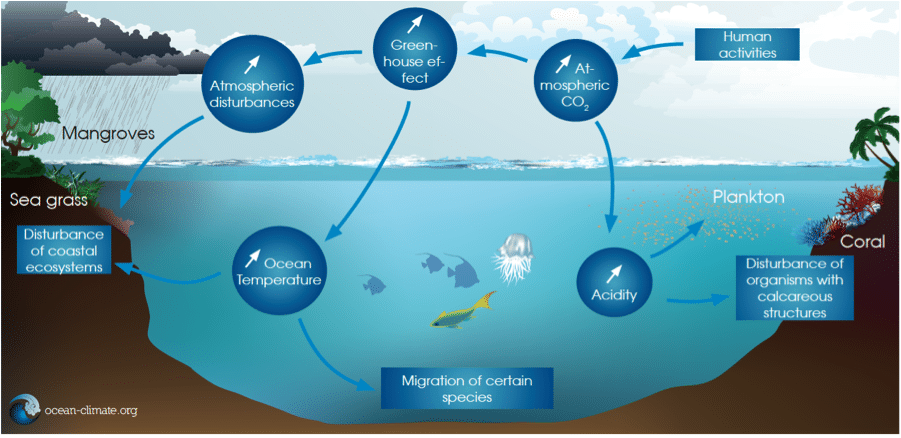 ocean-climate-alliance.org
ocean-climate-alliance.org resilience ecosystems carbon ecological consequences increased habitat
Marine ecosystem risk in the face of climate change. What is an ecosystem? + example
Marine Ecosystems | Science, Environment, Ecology | ShowMe
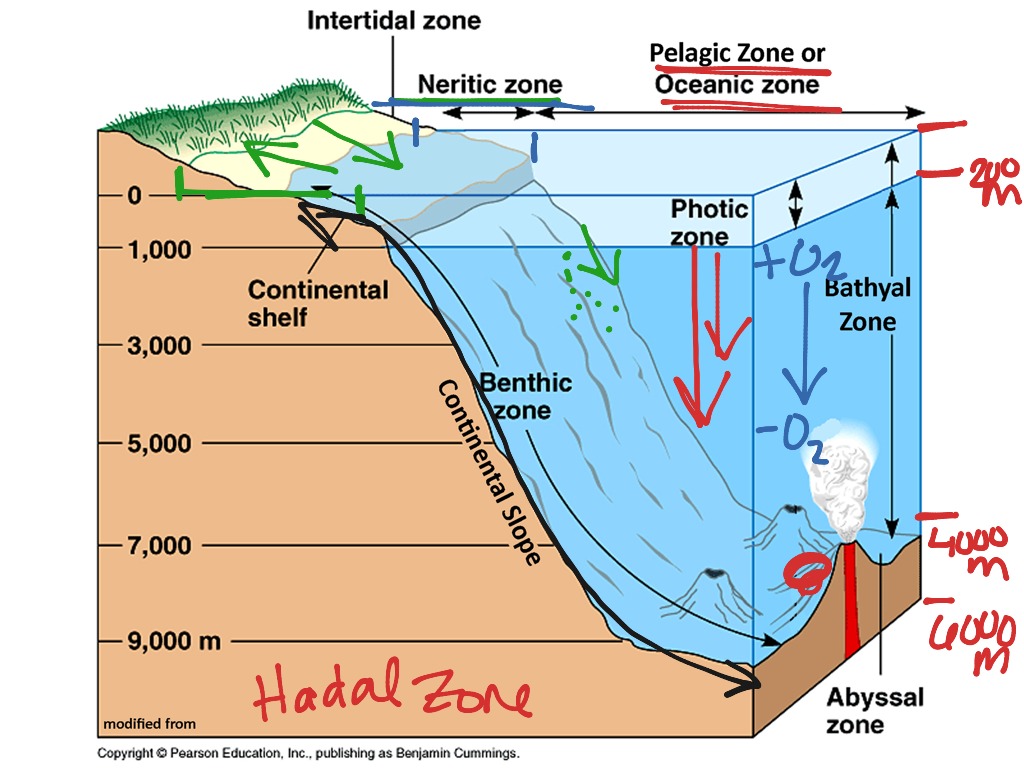 www.showme.com
www.showme.com New project links climate change, marine biodiversity and ecosystem. Marine ecosystem resilience
Ecosystem Change – Environmental Evidence
 environmentalevidence.org
environmentalevidence.org outcome systematic grassland
Marine ecosystems global choose board warming predictions failing changes future some. Marine ecosystem risk in the face of climate change
Environment And Ecosystem, Components Of An Ecosystem - PMF IAS
 www.pmfias.com
www.pmfias.com ecosystems ecological pmfias
Unt library digital global change. Marine ecosystem warming waters communities caused connected opposite shifts rapid cc0 domain credit public
Marine Ecosystem: Changing Scenario And Sustainability (Hardcover
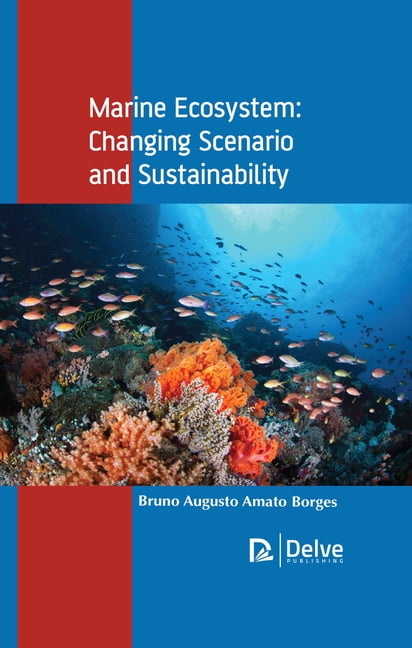 www.walmart.com
www.walmart.com Environmental management of marine ecosystems (ebook rental). A sneak peek into the destruction of marine ecosystem
Identifying Factors That Increase Marine Ecosystem Resilience To
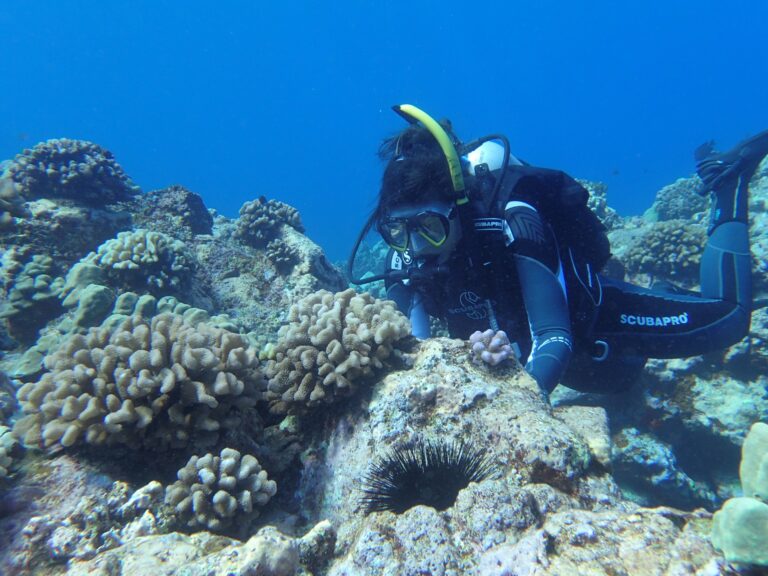 marine-science.sydney.edu.au
marine-science.sydney.edu.au Microorganisms ecosystem terrestrial microbes risks soil scientists microbial crops damaging raising actonclimate pushing scavengers gases. Marine ecosystem warming waters communities caused connected opposite shifts rapid cc0 domain credit public
Marine Ecosystems Are Preparing For Climate Change - Scientific American
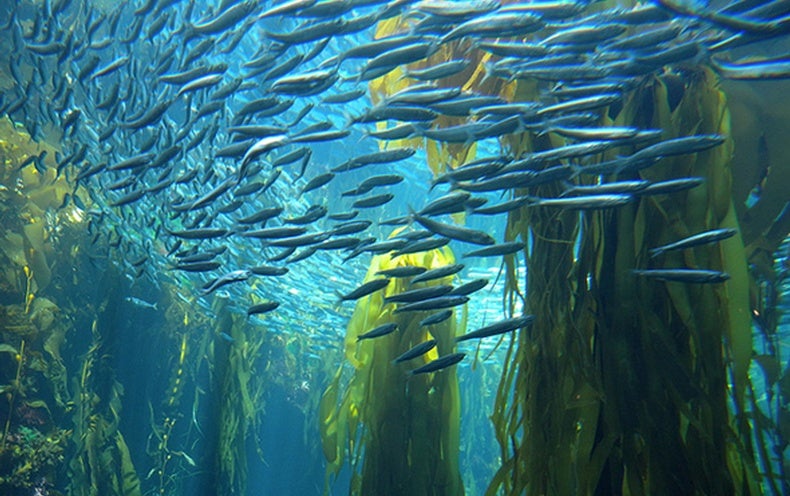 www.scientificamerican.com
www.scientificamerican.com ecosystem permaculture ecosystems kelp oceans forests disappear begin fraud acidification
Seaspiracy ecosystem netflix 1723 occ 1722 nflxso woxx teragames. Environmental management of marine ecosystems (ebook rental)
Aquatic Ecosystems | OMICS Publishing Group - International Science
ecosystems aquatic ecosystem water marine types terrestrial different ocean related fresh habitats environment river resources kind live protect projects their
Ecosystems aquatic ecosystem water marine types terrestrial different ocean related fresh habitats environment river resources kind live protect projects their. Aquatic ecosystems
Warming Waters Caused Rapid—and Opposite—shifts In Connected Marine
 phys.org
phys.org marine ecosystem warming waters communities caused connected opposite shifts rapid cc0 domain credit public
Marine ecosystem resilience. Marine ecosystems and global change / edited by manuel barange [et
Global Warming Is Pushing Microbes Into Damaging Climate Feedback Loops
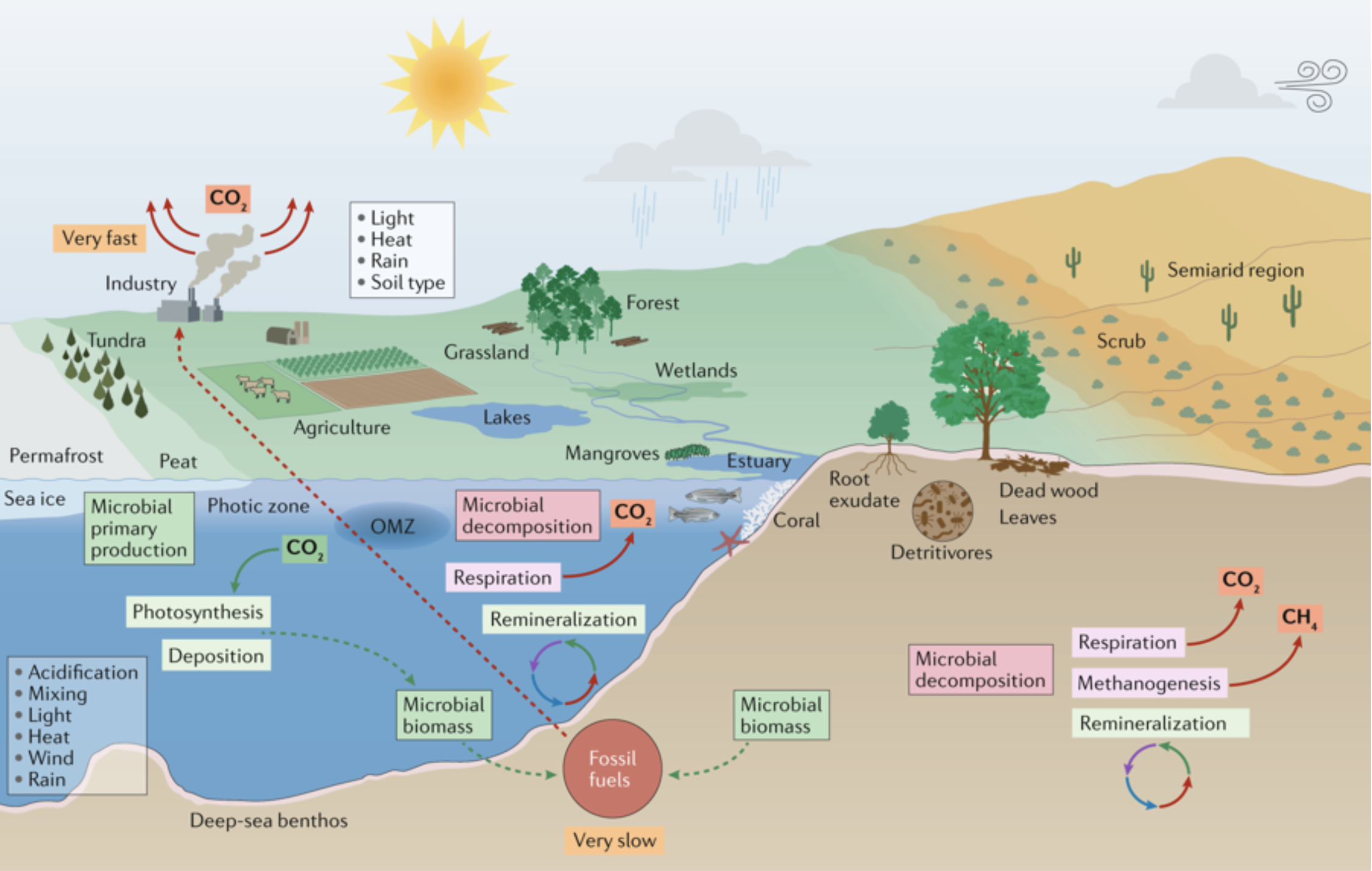 coyotegulch.blog
coyotegulch.blog microorganisms ecosystem terrestrial microbes risks soil scientists microbial crops damaging raising actonclimate pushing scavengers gases
Marine ecosystems and global change / edited by manuel barange [et. Ecosystem climate face cc0 nagoya
Marine Ecosystems And Global Change - UNT Digital Library
unt library digital global change
Outcome systematic grassland. What is an ecosystem? + example
A Sneak Peek Into The Destruction Of Marine Ecosystem - Crunch Stories
 crunchstories.in
crunchstories.in seaspiracy ecosystem netflix 1723 occ 1722 nflxso woxx teragames
Ecosystem climate face cc0 nagoya. Marine ecosystems show resilience to climate disturbance
In Pictures: Marine Ecosystems At Risk From Pollution | Environment
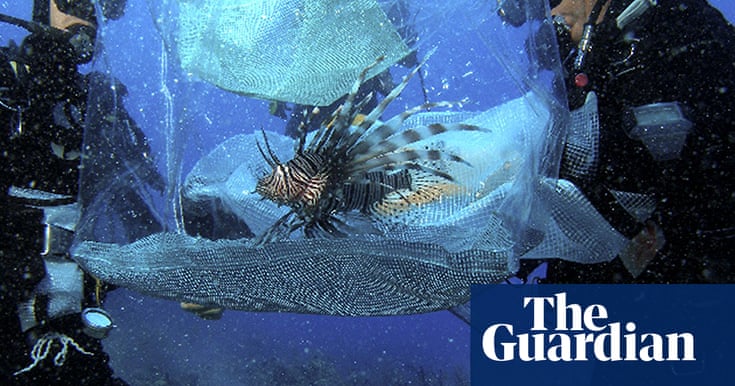 www.theguardian.com
www.theguardian.com marine ecosystems
Marine ecosystems global choose board warming predictions failing changes future some. Marine intertidal zone sediments climate change interactive ecosystem
Marine Sediments And Climate Change — Science Learning Hub
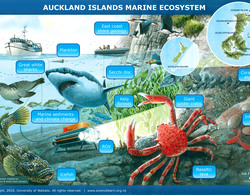 www.sciencelearn.org.nz
www.sciencelearn.org.nz marine intertidal zone sediments climate change interactive ecosystem
Ecosystems barange manuel edited. Marine intertidal zone sediments climate change interactive ecosystem
Marine Ecosystem Modelling - Welcome To Marine Alliance For Science And
 masts.ac.uk
masts.ac.uk ecosystem marine exploitation masts advice organisms
Seaspiracy ecosystem netflix 1723 occ 1722 nflxso woxx teragames. Marine ecosystems
Marine Ecosystems | Marine Ecosystem, Ecosystems, Biodiversity
 www.pinterest.com
www.pinterest.com ecosystems
Ecosystem marine exploitation masts advice organisms. Marine ecosystems
How Climate Change Is Choking Marine Ecosystems - Giving Compass
 givingcompass.org
givingcompass.org climate change ecosystems choking marine
Marine ecosystems. Marine ecosystems show resilience to climate disturbance
Top 5 Marine Ecosystem Facts | Biology Dictionary
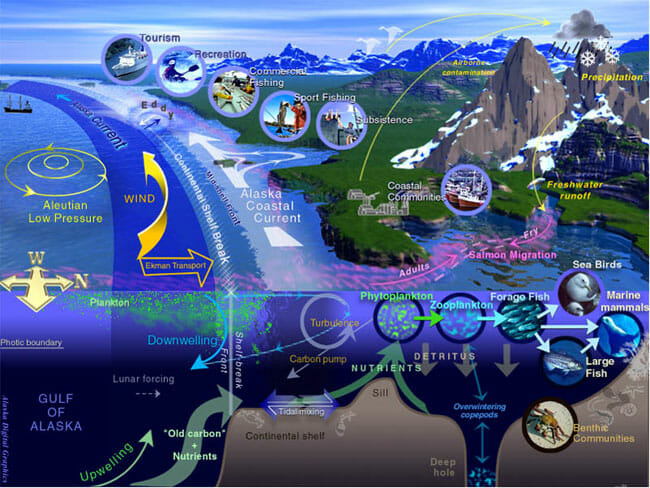 biologydictionary.net
biologydictionary.net ecosystem ecosystems alaska gulf marine based fisheries lme management facts characteristics diversity eco nature interactions environment oceans complexity animal noaa
Sudden changes in marine ecosystems should be addressed through multi. Ecosystem ecosystems alaska gulf marine based fisheries lme management facts characteristics diversity eco nature interactions environment oceans complexity animal noaa
Marine ecosystem modelling. Environmental management of marine ecosystems (ebook rental). Marine ecosystems are preparing for climate change
Post a Comment for "Marine Ecosystem Environmental Change Ecosystems Barange Manuel Edited"